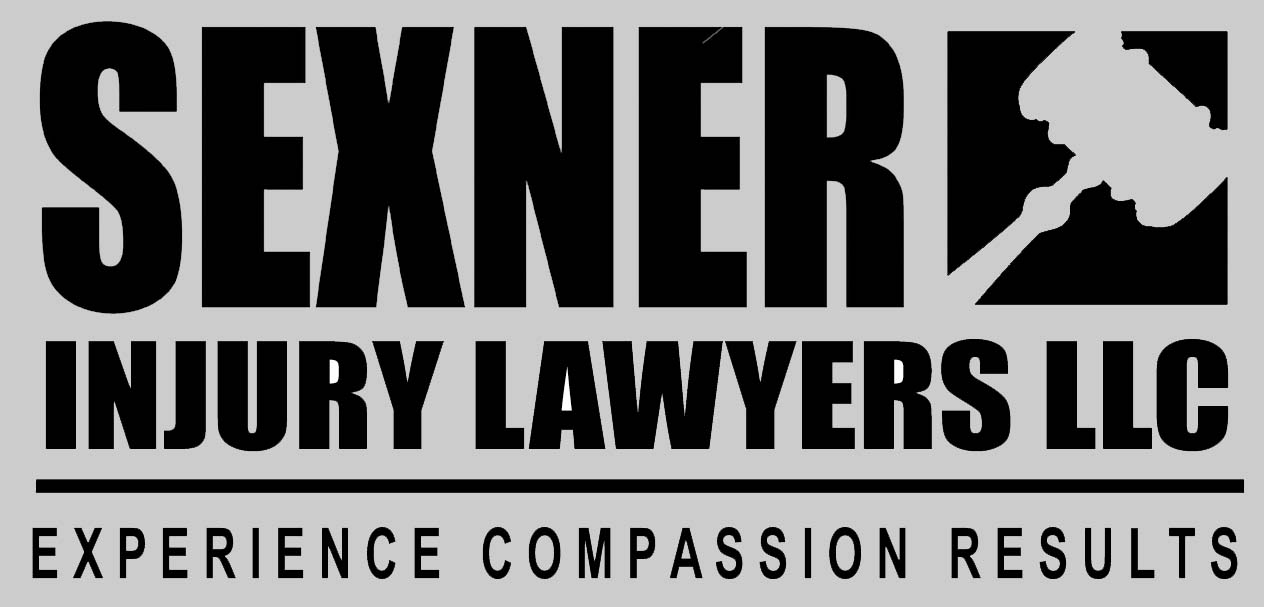Chicago Bedsore Attorneys
Bedsores are among the most common and potentially serious medical conditions that can develop as a result of negligence and abuse in nursing homes. The Centers for Disease Control and Prevention estimates that 1 in 10 residents in nursing homes across the country currently suffer from bedsores. While some residents may enter a facility with bedsores, they more often occur as a result of negligence and lack of care by nursing home staff.
If you spot bedsores on a loved one while visiting a nursing home, do not stay silent about it. Make sure your elderly loved ones receive the treatment they deserve, and if you suspect abuse or neglect, report it immediately. Take action to protect the ones you love, and call the Chicago bedsores lawyers at Sexner Injury Lawyers LLC at (312) 243-9922 to discuss your legal options going forward.
What Are Bedsores?
Bedsores, also known as pressure sores, pressure ulcers, or decubitus ulcers, are a common sign of nursing home abuse, neglect, or even hospital malpractice. They are caused by pressure to the skin that limits blood flow to that area. People who have limited mobility are especially vulnerable.
Bedsores grow if not relieved by simply moving or turning a person confined to a bed or wheelchair. In other words, they can be prevented completely by nurses properly attending to elderly residents who are sedentary. With proper care, bedsores never form in the first place, but when untreated they can become very serious.
Symptoms of Bedsores
These are warning signs of bedsores:
- Changes in skin color or texture (usually red with white edges)
- Swollen patches of skin
- Pus-like draining
- Skin feels warmer or cooler to the touch than surrounding areas
- Skin is tender to touch
Where Do You See Bedsores?
Anyplace on the body where there’s a combination of pressure, friction, and “shear,” which occurs when two surfaces move in the opposite direction. They most commonly appear on:
- Back or side of the head
- Lower back
- Tailbone or buttocks
- Shoulder blades and spine
- Backs of arms and legs
- Behind knee, ankles, heels
Basically, bony areas are at greater risk, since the bone underneath the skin presses it against the surface it’s resting on. The force of gravity on a patient lying down or sitting in a wheelchair for a prolonged period of time is also doing damage.
Different Stages of Bedsore Development
There are four stages of bedsore development that increase in severity as they go untreated. The four stages are:
- Stage One: When bedsores first begin to develop, they appear as areas of redness that may be hard and warm to the touch. There is no loss of skin or tissue damage at this point, and when caught early they can be treated fairly easily.
- Stage Two: At this point the sores develop more fully and extend into but not through skin layers. The skin itself has been partially lost and immediate treatment is necessary to prevent further injuries.
- Stage Three: When bedsores reach this point, the skin layers have been completely lost and necrosis of soft tissue layers beneath the skin has begun.
- Stage Four: The bedsores have gone beyond the skin and soft tissue and have started damaging bone and muscles. These sores are very serious and require major medical intervention to avoid infections and other long-term complications, including sepsis.
Is Negligence a Form of Abuse?
Yes, negligence and lack of proper care by a nursing home is absolutely a form of abuse, since we trust them to take care of our loved ones. The staff at a nursing home should be properly trained and understand the risks of malnutrition, infections, and the formation of bedsores. Failing to perform their tasks appropriately to ensure the health of residents flies in the face of common sense; it is unreasonable, making it a form of negligence in legal terms.
In other words, if your loved one has been neglected and suffered because of it, you may be able to file a civil claim against the facility you trusted to care for him or her. Not only can this help offset new medical costs, but it holds the facility and its employees responsible for the abuse.
Worried About Your Loved One? Call us now.
If you believe your elderly loved one has not received proper attention at a nursing home, then you should act immediately. First, contact the Illinois Department of Public Health, which oversees nursing homes. Then, call us at Sexner Injury Lawyers LLC at (312) 243-9922 to talk about your options going forward. For over 25 years, our affiliated attorneys have recovered many large settlements for deserving clients and their families. We offer free information 24/7, so don’t delay; call us and speak to an experienced Chicago nursing home neglect attorney.

